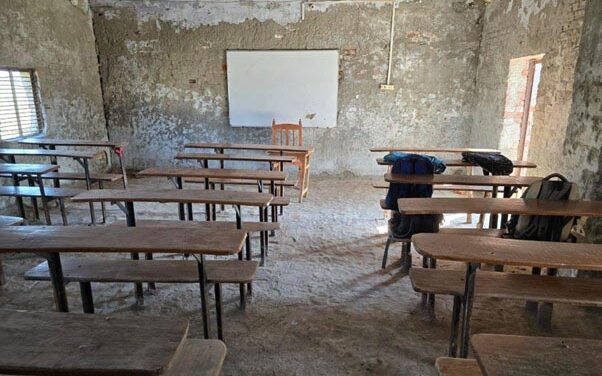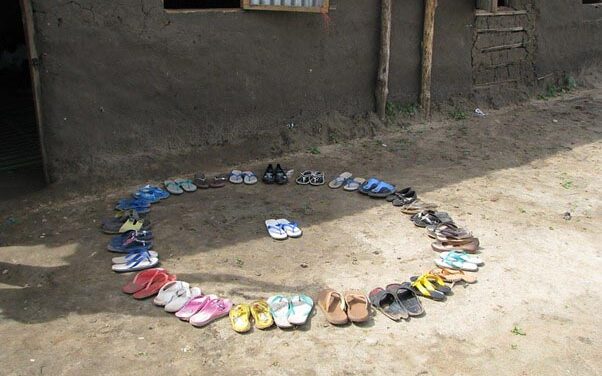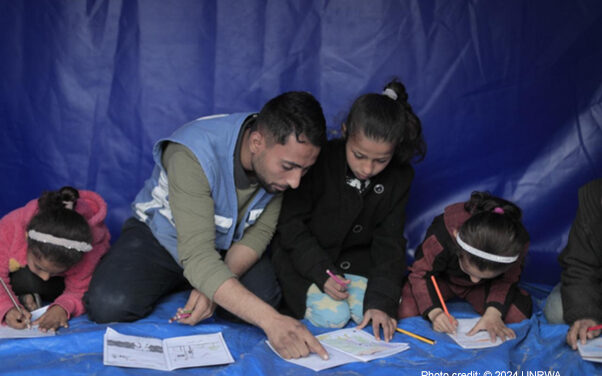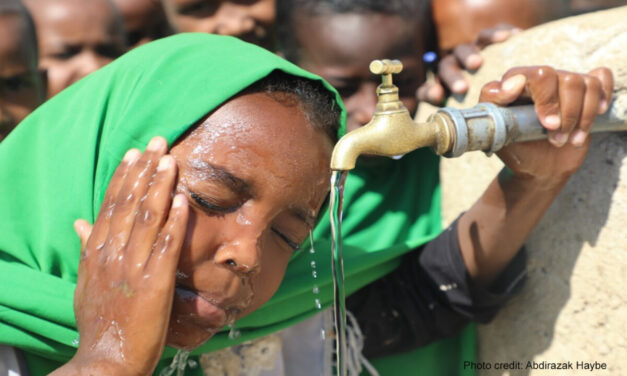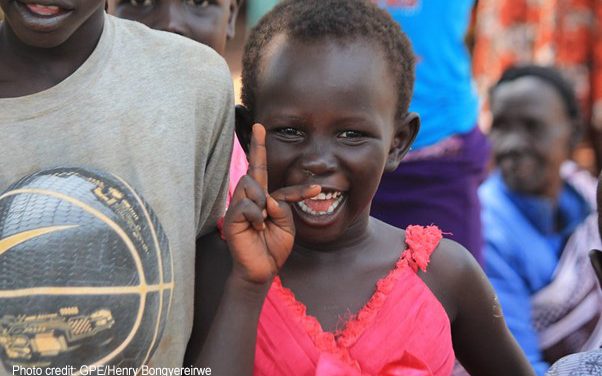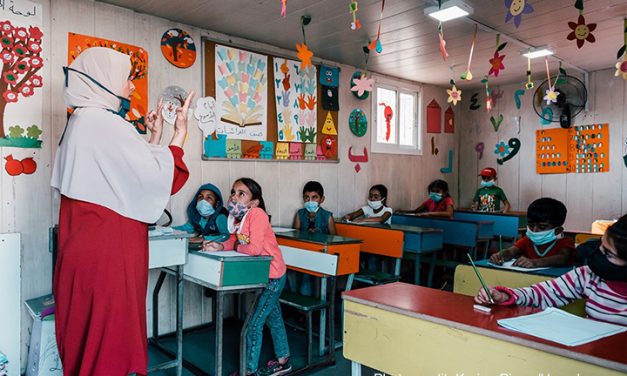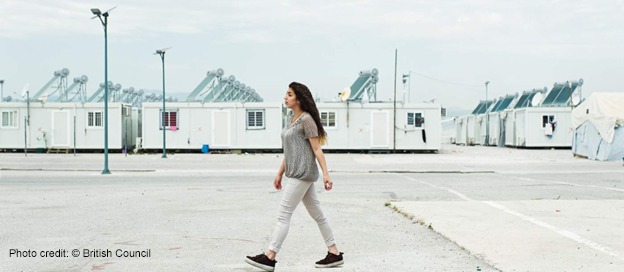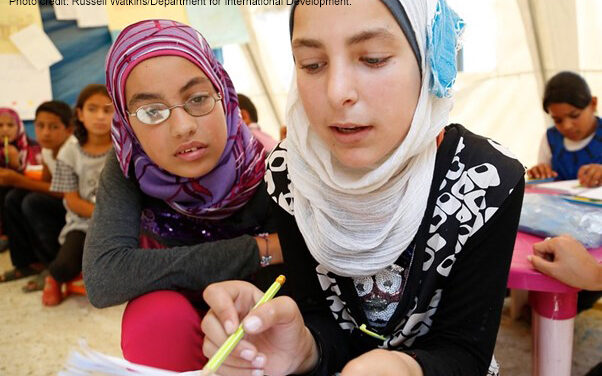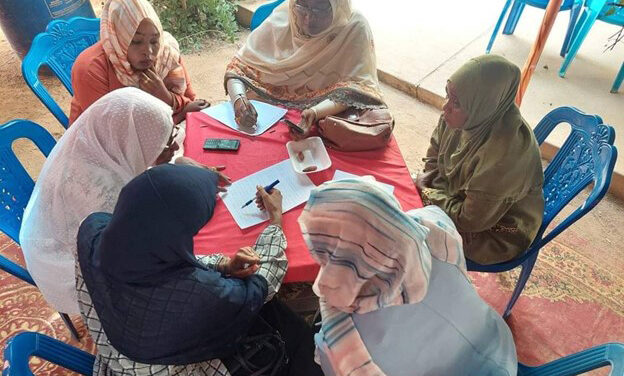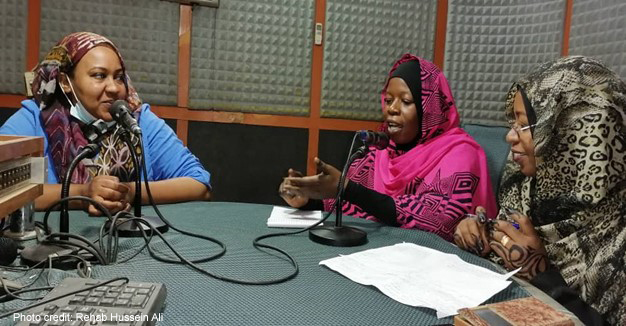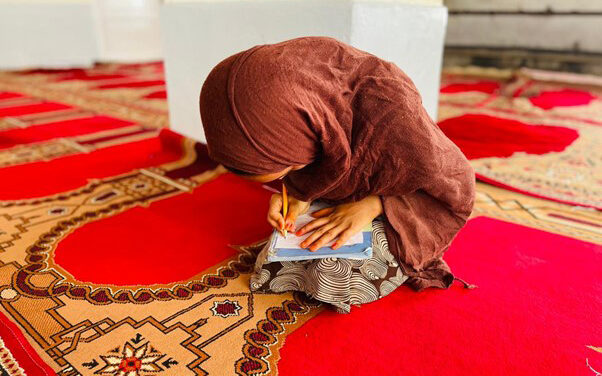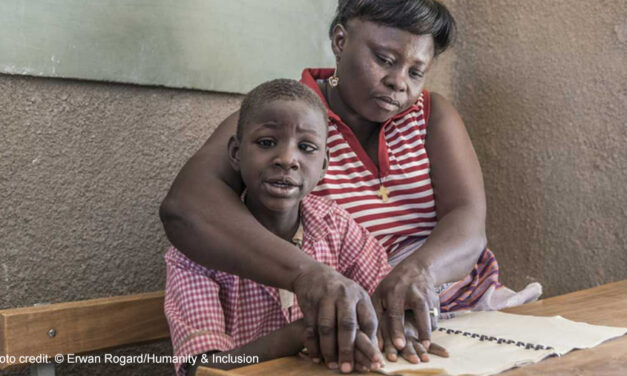Category: Conflict, Crisis and Emergency
Can multilingual education spark STEM dreams in migrant students in poorer states of India?
by Shweta Chooramani | Jan 29, 2025 | Education and Migration
The landscape of refugee education research: Complicit scholarship in violence, oppression and imperialism
by Maha Shuayb and Cathrine Brun | Jan 13, 2025 | Education and Migration
Palestinian education under attack in Gaza: Teachers and steadfastness
by Sally Beiruti and Yusuf Sayed | Oct 2, 2024 | Conflict, Crisis and Emergency
A ray of hope: Resilience programme for crisis-affected children in the Somali Region of Ethiopia
by Abdirazak Haybe | Jul 22, 2024 | Conflict, Crisis and Emergency
World Refugee Day
by UKFIET | Jun 20, 2024 | Education and Migration
Why host country education for refugees isn’t a magical solution
by Maha Shuayb | Jun 17, 2024 | Education and Migration
Why is language critical in education during crises?
by Anja Nielsen, John Zimba, Joseph Field, Koula Charitonos, Mercy Martins and Mir Abdullah Miri | Jun 12, 2024 | Conflict, Crisis and Emergency
Global responsibility sharing for refugee education: what is a “fair share”?
by Ruth Naylor | Jun 5, 2024 | Education and Migration
The Role of Universities Located in Conflict-affected Zones in Empowering Youth and Women as Effective Peacebuilders: A Comprehensive Approach
by Amal Khalil Youssef | Apr 29, 2024 | Conflict, Crisis and Emergency
Working with Media to Foster Peace and Share Knowledge in Communities: The University of Kordofan’s Journey
by Rehab Hussein Ali Rahmatallah | Apr 17, 2024 | Conflict, Crisis and Emergency
Addressing the educational needs of Afghan returnee children: A call to action
by Siddharth Pillai | Feb 14, 2024 | Education and Migration
Making visible the invisible refugee children with disabilities in Uganda: The role of mothers
by Salome, J. Awidi | Jan 29, 2024 | 2023 UKIFET Conference, Education and Disabilities, Education and Migration

Categories
Archives

